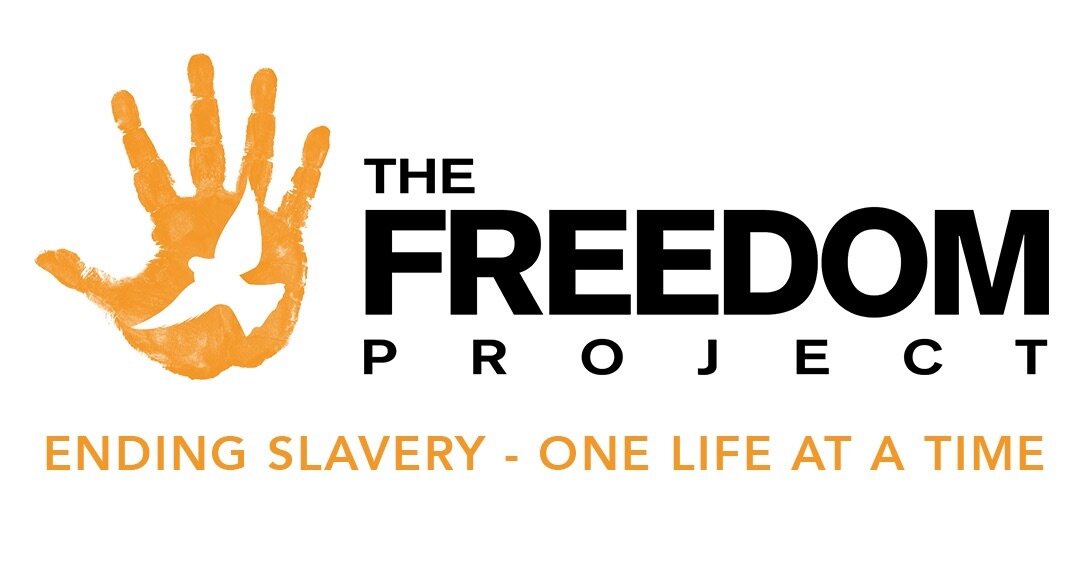Vulnerabilities of Migrant Workers
Understanding the vunerabilities of migrant workers…
This blog looks at the factors behind the vulnerabilities of migrant workers, and explore the different situations they may find themselves in, in an effort to bring this issue to light…
Migrant workers are among the most vulnerable populations in the world. Often stuck between a rock and a hard place, migrants resort to finding employment that may not respect their rights and freedoms. In an effort to break away from the poverty and conflict they found themselves in, they often become sucked into a situation of exploitation difficult to reject because of the hopes to make a better future for themselves and their loved ones.
Why Are Migrant Workers Vulnerable?
In the paper, ‘Confronting Root Causes: Forced Labour In Global Supply Chains’, the authors identify ‘Restrictive Mobility Regimes’ as one of the primary suppliers of forced labour in the global economy. In this chapter, LeBaron et al. seek to investigate the ways in which immigration policies leave migrant workers at risk to exploitation in the labour market. Tight border controls often force people to find increasingly difficult and dangerous means to enter the country, often accumulating debt from the assistance of third parties. Legal migrants also often have to wait long periods of time to be able to participate in the economy and workforce, meaning that they have to resort to exploitative and insecure work arrangements for wages.
Crucially, LeBaron et al. points out that the extra-legal status of many migrants puts them in disadvantageous positions. Their position in limbo between borders and citizenship often puts the option of state protection and support out of reach. When offered risky employment, migrant workers have less opportunities and incentives to bringing the inequities and poor conditions to light, given that they are often seen as easily replaceable and disposable labour.
Finally, visa programs are often used to exploit workers. The cost of travelling and obtaining a visa to work is high. This cost is made higher still when employers confiscate their passports, or when workers are faced with the reality that even though they are paid poorly and perhaps being abused, they are still able to send money back to family as opposed to being unemployed. Migrant workers are often placed in a conundrum where they may be free, technically speaking, but the options that are open to them are nowhere near attractive or desirable.
Where are Vulnerable Migrant Workers?
According to the Ethical Trading Initiative, many migrant workers become employed in “dirty, dangerous, and demeaning” jobs, which include construction, mining, and sex work. This often puts them in harm’s way, with an increased risk of potential injury and illness without the pay or government support should these happen. These industries are often filled by migrant workers because of their lack of protection from the state and complex circumstances. This is often preferred to hiring locals who can demand better pay and working conditions, as well as have more support from the government should they need it.
The garment industry is also home to a number of migrant workers who are particularly vulnerable to earning extremely low wages. In the Clean Clothes Campaign’s report, they found that all 20 garment brands they were monitoring could not give evidence for their outsourced workers earning a living wage. This indicates that major corporations are not doing enough with regards to wage policy and protecting the workers that make their goods.
The vulnerabilities of migrant workers are multi-faceted, overlapping, and incredibly complex. Addressing the matter still goes unanswered, particularly when understanding why the exploitation of migrant workers is advantageous for companies and the state. Hopefully with more initiatives to improve the conditions of work available, and further down the line, dealing with the root causes of migrant work and exploitation, migrant workers will be more protected and supported.
Written by Sophie Barr - The Freedom Project volunteer
Further Reading

